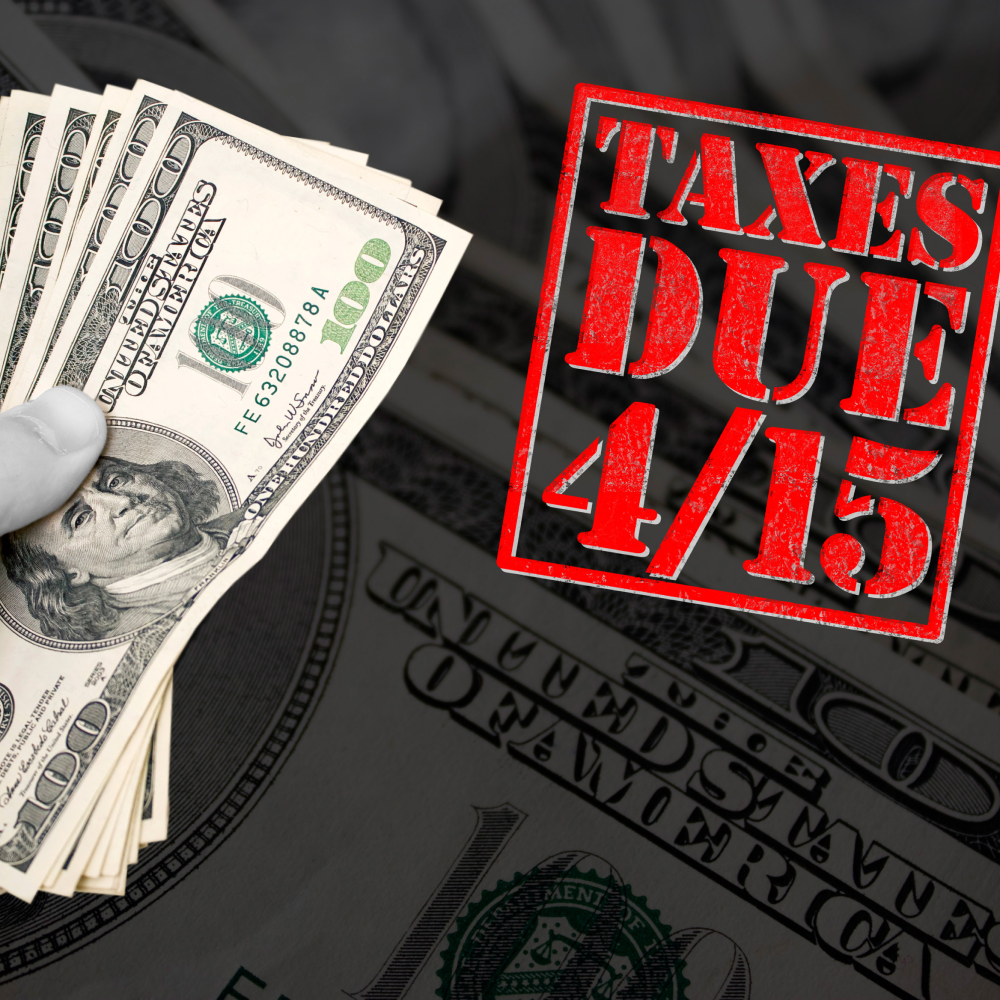10 Things to Know about Filing a Tax Extension
Home > Our Story

Filing a tax extension can provide relief for businesses and individuals who need more time to gather their financial documents or prepare their tax returns accurately. Accountants at Hallows & Company have heard some false information being spread around about what it means to file an extension. Here’s what you need to know about filing a tax extension in the United States, including the process, deadlines, implications, and common misconceptions.
- What is a Tax Extension?
A tax extension is a formal request to the Internal Revenue Service (IRS) or state tax authority for additional time to file your tax return beyond the original deadline. For federal taxes in the U.S., the typical deadline is April 15th, unless it falls on a weekend or holiday.
- How to File a Tax Extension
To request an extension, individuals must fill out Form 4868 (Application for Automatic Extension of Time to File U.S. Individual Income Tax Return found on the IRS website) for federal taxes. Many state tax authorities also offer similar extension forms. These forms can be submitted electronically or by mail or you can have a tax accountant from Hallows & Company file the extension for you.
- Deadlines for Filing an Extension
The deadline to file for a tax extension aligns with the original tax filing deadline. For most individuals, this means submitting Form 4868 by April 15th. For partnerships and corporations, the deadline is March 15. However, it’s crucial to check for any variations due to weekends or holidays.
- What Happens After Filing an Extension
Once submitted, the IRS automatically grants a six-month extension, extending the filing deadline for an individual to October 15th and partnerships and corporations to September 15th. It’s essential to note that this extension applies only to the filing of tax returns, not to the payment of taxes owed. Taxpayers are still REQUIRED to estimate their tax liability and pay any owed taxes by the original deadline to avoid penalties and interest.
- Misconceptions About Extensions
One common misconception is that filing an extension gives taxpayers more time to pay taxes owed. While an extension delays the filing deadline, it does not extend the deadline for tax payments. Failure to pay taxes owed by the original deadline can result in penalties and interest charges.
- Penalties for Late Payment
If taxes owed are not paid by the original deadline, the IRS may impose penalties and interest on the unpaid balance. These penalties can accrue over time, making it crucial to pay as much of the tax liability as possible by the deadline to minimize additional charges.
- Importance of Estimated Tax Payments
For individuals who anticipate owing taxes, making estimated tax payments throughout the year can help avoid penalties and interest. Estimated tax payments are typically due quarterly and are based on an individual’s expected tax liability for the year.
- Circumstances Where Extensions Are Common
Tax extensions are common among individuals who require additional time to gather necessary financial documents, such as business owners, freelancers, and those with complex investment portfolios. Additionally, life events such as illness, family emergencies, or natural disasters can disrupt tax preparation and necessitate an extension.
- Amending a Tax Extension
If additional time is still needed after the extension deadline, taxpayers can request an additional extension in certain circumstances. However, this request is typically granted only for specific reasons, such as military service or living abroad.
- Avoiding Future Extensions
While filing for an extension can provide temporary relief, it’s essential to address the root cause of the delay to avoid needing extensions in the future. Implementing better record-keeping practices, staying organized throughout the year, and seeking assistance from tax professionals can help streamline the tax preparation process.
Filing a tax extension can be a valuable tool for individuals who require additional time to prepare their tax returns accurately. By understanding the process, deadlines, implications, and common misconceptions associated with extensions, taxpayers can effectively navigate the tax filing process and avoid penalties and interest charges. If for any reason you are unsure about this or any tax situation, please get a hold of us at Hallows & Company and our experts will help guide you through the tedious tax process and put your mind at ease. You can find our contact information at www.hallowscompany.com.
you may also like
Accounting for Technology: 5 Ways for Personal Interaction in a Digital Age
In the ever-evolving landscape of business and finance, the role of accountants has transformed significantly. The traditional…
6 Functions of a CFO and Why You Need CFO for Your Small Business
A CFO, or Chief Financial Officer, is a high-ranking executive responsible for managing a company’s financial operations,…
 Skip to content
Skip to content









